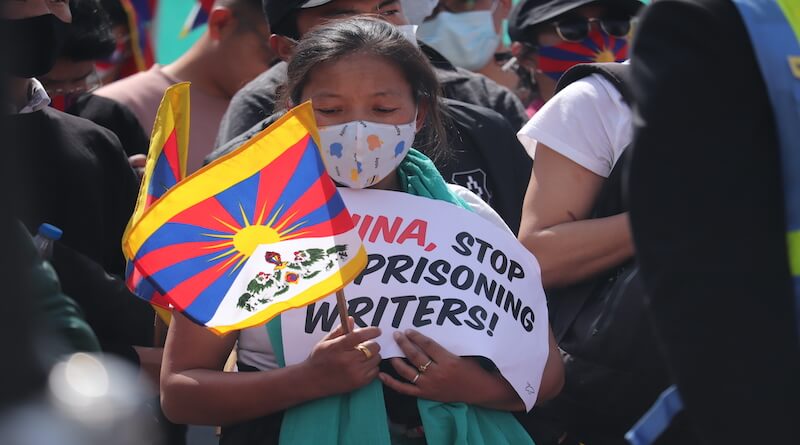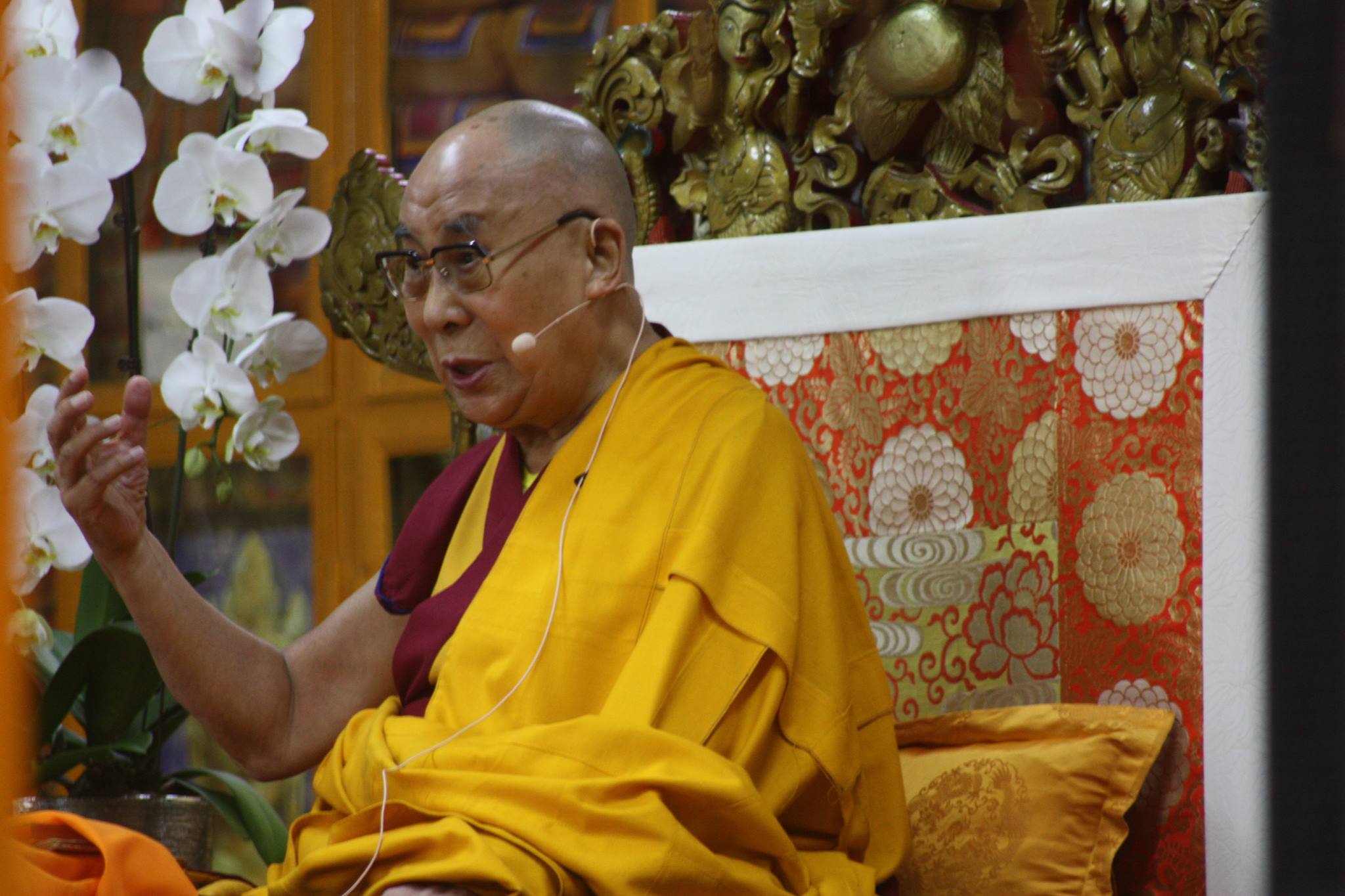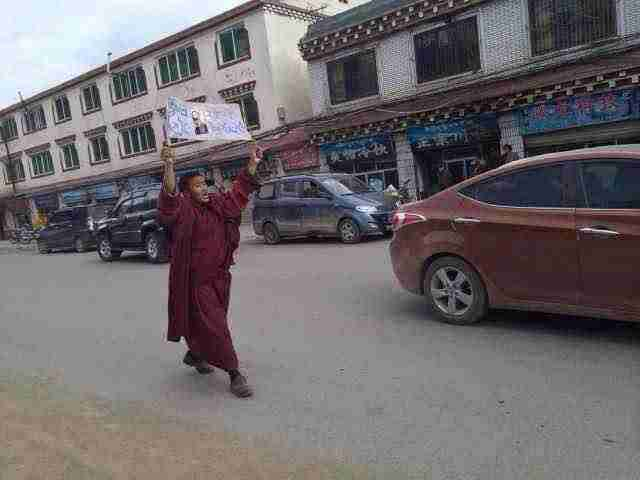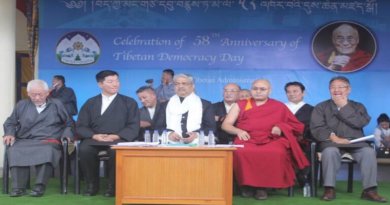China must end crackdown on Tibetan intellectuals, cultural leaders: TCHRD

DHARAMSALA, 28 Dec: Tibetan Centre for Human Rights and Democracy has called on the Chinese Communist regime to end the cultural assimilation campaign and crackdown on Tibetan intellectuals and cultural leaders.
Citing the cases of Gō Sherab Gyatso (aka Gosher), age 46; Dhi Lhaden, age 41; Rinchen Tsultrim, 29; and Trinley Gyatso, age 20; all of whom have been sentenced to four to ten years in prison following lengthy periods of detention in undisclosed locations over the past two to three years, the Dharamsala-based Tibetan advocacy group stated in its report that “the Chinese Party-state is targeting and silencing influential Tibetan writers, intellectuals and cultural leaders that it views as a hindrance to its cultural assimilation campaign.”
The group further disclosed the ongoing detention of four other writers.
“Well-known author, Goyon, 33, from Drango County, Sabuchey, 33, author and teacher from Dzachuka in Sershul County, Kardze Tibetan Autonomous Prefecture, Rongwo Gangkar, 46, and Rongwo Gendun Lhundup, 47, who belong to Dowa Township in Rebkong County, Malho Tibetan Autonomous Prefecture” are all currently being held in detention and that the charges on which they are being held and their whereabouts remain unknown, the TCHRD stated.
According to the report, a Tibetan scholar in exile familiar with the works of these young writers and intellectuals has confirmed their detention although more details are unavailable.
“The crackdown on Tibetan intellectuals and cultural leaders, who wield positive influence on the promotion of Tibetan language and culture, exposes the Chinese government’s sinister plan to marginalise and undermine Tibetan culture and language”, TCHRD said citing the scholar who has requested anonymity.
“TCHRD urges the Chinese Party-state to immediately cease its cultural assimilation policy and uphold human rights and constitutional rights by immediately and unconditionally releasing all Tibetan writers, intellectuals and cultural leaders and reinstate their universal rights to freedom of thought, conscience and expression,” the rights group said.
The scholar further says in the report that the “widely publicized news of Gosher’s detention is a mere example of the other unpublicised detentions of scholars, teachers, and students from Rebkong and other Tibetan areas.”
TCHRD stated that “extensive scholarship on Tibetan language, culture and literature” remains a common characteristic among detained Tibetan intellectuals and cultural leaders and that “this appears to be the sole reason behind their detention because there is no instance of any of them violating any domestic laws.”
Additionally, the group revealed that many Tibetan language websites have been closed down in recent times such as the popular websites Emperor administered by Rongwo Gendun Lhundup and Bodh Du Ched Tawa administered by Rinchen Tsultrim along with some other leading websites such as New Youth, Je Tsongkhapa, Wish-fulfilling snow flower, Sound of Dzachu’s wave, Spiritual friend, Sengdor, Tibetan language and Golok’s website.
This, TCHRD attributes to “a recent notice by the State Council and the tenth session of the People’s Congress of the Tibet Autonomous Region both resolved to prioritize Mandarin Chinese learning and recognized Tibetan nomadic and farming communities areas falling under the Three Regions, Three Prefectures as key areas for the implementation of the Children Homophony plan.
Further, the report noted that the Chinese Ministry of Education recently announced that the Putonghua (standard Mandarin) penetration rate must reach 85% by 2025 and 100% by 2035.
As such the TCHRD declared that it “remains concerned that the Putonghua promotion plan is designed to erode non-Chinese identities and directly contravenes various provisions in the Chinese Constitution, the Regional National Autonomy law and the bilingual education policy.”






